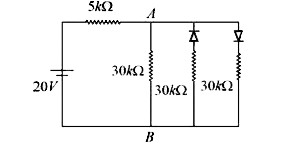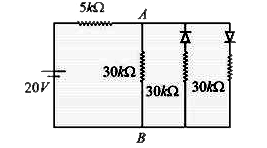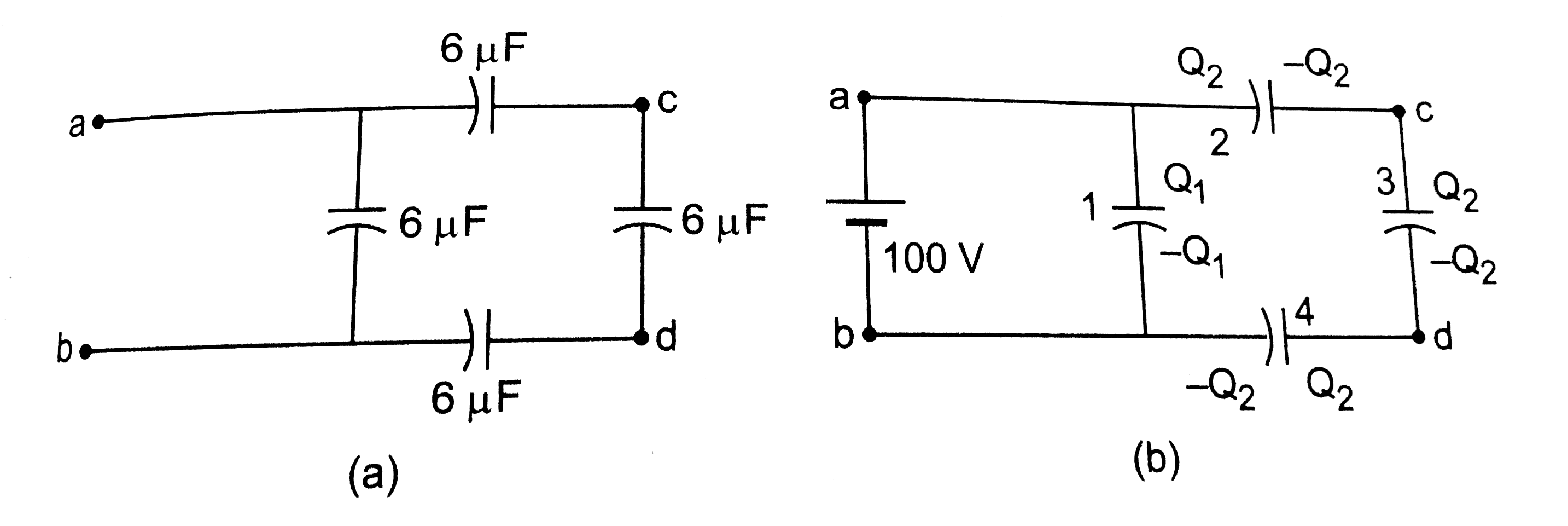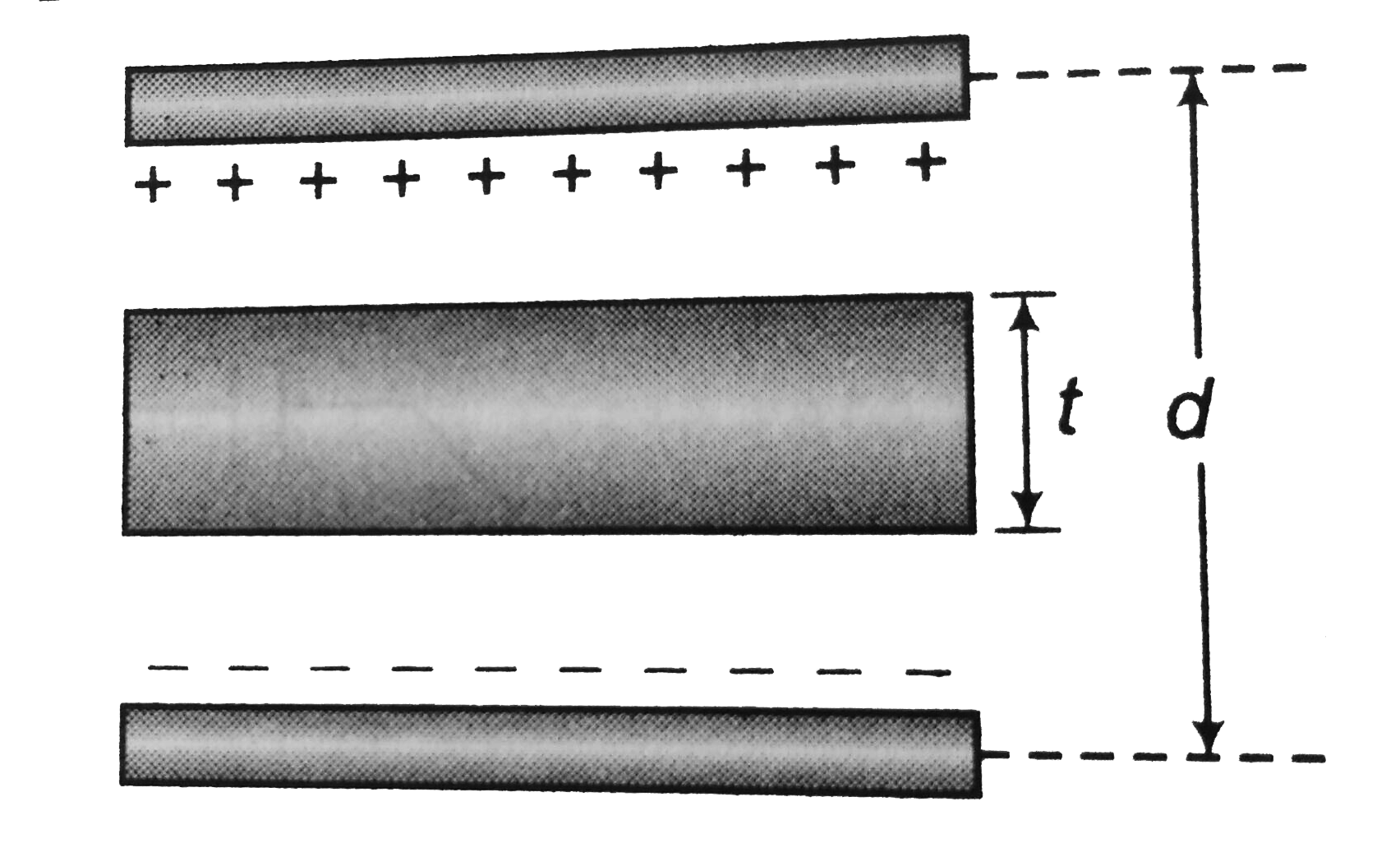A cyclotron is device for accelerating ions and charged particles. It was developed by Lawerence in 1932.
The heart of the appritus consists of a split metal pillbox. Figure sHOws top and front views of the halves called dees. A rapidly oscilating potential difference is applied between the Dees. This produces an oscilating electric field in the gap between the dees, the region inside each dee being essentially free of electric field. The Dees are enclosed in an evaccutaed container, and the entire unit is placed in a uniform magnetic field B whose direction is normal to the plane Of Dees, A charged particle of mass 'm' and charge 'q' in the gap between the dees, it moves with constant speed in a semi-circle.
The period of uniform circular motion is T=2πmqB and is independant of speed. If the time-period of the oscilating elctric field is equal to this time, then the charged particle will be accelerated again and again

In a cyclotron resonance experiment, if we assume that maximum radius attained by any chared particles is equal to radius of dees, then minimum kinetics energy gained by the particles will be
alpha particle
proton
deutron
same for all
The correct Answer is:C
Step by step video & image solution for A cyclotron is device for accelerating ions and charged particles. It was developed by Lawerence in 1932. The heart of the appritus consists of a split metal pillbox. Figure sHOws top and front views of the halves called dees. A rapidly oscilating potential difference is applied between the Dees. This produces an oscilating electric field in the gap between the dees, the region inside each dee being essentially free of electric field. The Dees are enclosed in an evaccutaed container, and the entire unit is placed in a uniform magnetic field B whose direction is normal to the plane Of Dees, A charged particle of mass 'm' and charge 'q' in the gap between the dees, it moves with constant speed in a semi-circle. The period of uniform circular motion is T=(2pim)/(qB) and is independant of speed. If the time-period of the oscilating elctric field is equal to this time, then the charged particle will be accelerated again and again In a cyclotron resonance experiment, if we assume that maximum radius attained by any chared particles is equal to radius of dees, then minimum kinetics energy gained by the particles will be by Physics experts to help you in doubts & scoring excellent marks in Class 12 exams.
Updated on:21/07/2023Topper's Solved these Questions
- MAGNETIC FIELD AND MAGNETIC FORCESBOOK - CENGAGE PHYSICS ENGLISHCHAPTER - MAGNETIC FIELD AND MAGNETIC FORCESEXERCISE - Subjective
11 Videos
- MAGNETIC FIELD AND MAGNETIC FORCESBOOK - CENGAGE PHYSICS ENGLISHCHAPTER - MAGNETIC FIELD AND MAGNETIC FORCESEXERCISE - Multiple
2 Videos
- MAGNETIC FIELD AND MAGNETIC FORCESBOOK - CENGAGE PHYSICS ENGLISHCHAPTER - MAGNETIC FIELD AND MAGNETIC FORCESEXERCISE - Single Correct Answer Type
42 Videos
- INDUCTANCEBOOK - CENGAGE PHYSICS ENGLISHCHAPTER - INDUCTANCEEXERCISE - Concept Based
8 Videos
- MISCELLANEOUS VOLUME 3BOOK - CENGAGE PHYSICS ENGLISHCHAPTER - MISCELLANEOUS VOLUME 3EXERCISE - True and False
3 Videos
Similar Questions
A cyclotron is device for accelerating ions and charged particles. It was developed by Lawerence in 1932.
The heart of the appritus consists of a split metal pillbox. Figure sHOws top and front views of the halves called dees. A rapidly oscilating potential difference is applied between the Dees. This produces an oscilating electric field in the gap between the dees, the region inside each dee being essentially free of electric field. The Dees are enclosed in an evaccutaed container, and the entire unit is placed in a uniform magnetic field B whose direction is normal to the plane Of Dees, A charged particle of mass 'm' and charge 'q' in the gap between the dees, it moves with constant speed in a semi-circle.
The period of uniform circular motion is T=2πmqB and is independant of speed. If the time-period of the oscilating elctric field is equal to this time, then the charged particle will be accelerated again and again

Answer the following questions (consider the mass of particles remains constant during motion):
A cyclotron has been adjusted to accelereted deutrons. It is now to be adjusted to accelerate other particles , for this following changes may be made:
(a) In order to keep the frequency of oscillating electric field same, the magnetic field is halved for proton
(b) If the magnetic field remain unchanged, the oscillation frequency of electric field should be halved for α particle
(c ) If the magnetic field remain unchanged, the oscillation frequency of electric field should be double for proton
(d) If the frequency of oscillating electric field is kept same, the magnetic field should be kept same for α particle
View SolutionA cyclotron is device for accelerating ions and charged particles. It was developed by Lawerence in 1932.
The heart of the appritus consists of a split metal pillbox. Figure sHOws top and front views of the halves called dees. A rapidly oscilating potential difference is applied between the Dees. This produces an oscilating electric field in the gap between the dees, the region inside each dee being essentially free of electric field. The Dees are enclosed in an evaccutaed container, and the entire unit is placed in a uniform magnetic field B whose direction is normal to the plane Of Dees, A charged particle of mass 'm' and charge 'q' in the gap between the dees, it moves with constant speed in a semi-circle.
The period of uniform circular motion is T=2πmqB and is independant of speed. If the time-period of the oscilating elctric field is equal to this time, then the charged particle will be accelerated again and again

Answer the following questions (consider the mass of particles remains constant during motion):
A cyclotron is accelerating deutrons having mass=2×1.6×10−27 kg and charge +e. If B=2T, then the required angular frequency of oscilating electric field is :
View SolutionIn the figure, potential difference between A & B is

View SolutionIn the figure, potential difference between A & B is

View SolutionTwo plates are 2cm apart, a potential difference of 10 volt is applied between them, the electric field between the plates is
View SolutionWhat potential difference must be applied to produce an electric field that can acceleration an electric charge to one length the velocity of light ?
View SolutionIf 100 volts of potential difference is applied between a and b in the circuit of , find the potential difference between candd.

View SolutionAssertion : A charged particle can be accelerated in a cyclotron by the alternate distribution of the field.
Reason : Energy of charged particle is increased by the field applied.
View SolutionFigure shows a parallel plate capacitor with plate area A and plate separation d. A potential difference is being applied between the plates. The battery is then disconnected and a dielectric slab of dieletric constant K is placed in between the plates of the capacitor as shown.

The electric field in the gaps between the plates and the electric slab will be
View SolutionThe movement of sol particles under an applied electric field is called
View Solution
